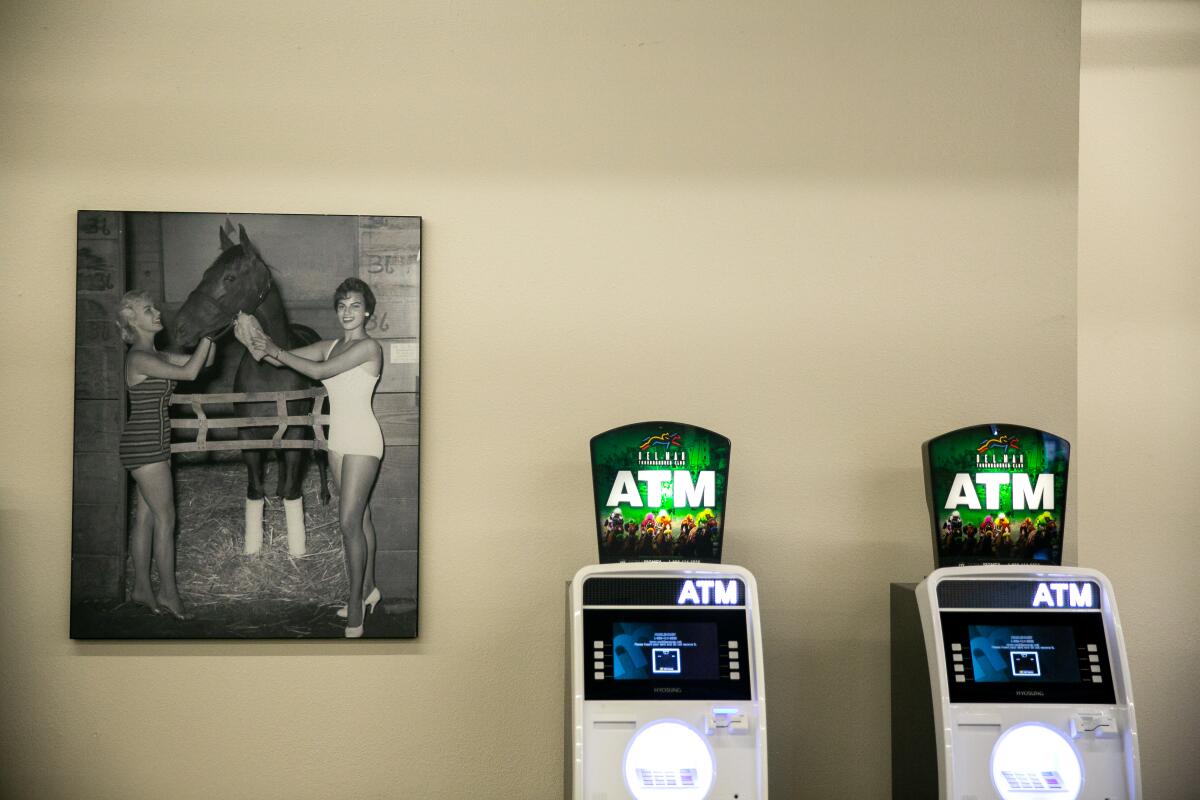To build credit, try this set-it-and-forget-it trick

Dear Liz: I have little credit history and my Experian credit score is about 620. My wife has no credit history. We are in the process of increasing our creditworthiness. I have an unsecured credit card from my credit union. She will be getting a secured credit card. We will use these lightly and regularly, paying them off each month. Does using my credit card to pay a utility bill each month work for building credit?
Answer: Absolutely. As long as your credit cards report to all three credit bureaus, your on-time payments will build your scores.
To make things easier, you could set up a recurring charge and automatic payment. Utilities typically allow customers to pay their bills automatically with credit cards, and credit cards usually offer the option of paying automatically each month. You’re normally given three options: paying only the minimum, paying in full or paying a set dollar amount.
Recurring charges ensure your card shows regular activity, while automatic payment should eliminate the risk of missing a payment. A single skipped payment could be a significant blow to your credit scores.
Another option to consider is a credit builder loan, which many credit unions and community banks offer. Typically, the amount you borrow is placed into a savings account or certificate of deposit while you make payments.
When you’ve paid the loan in full, usually after 12 months, you claim the cash. The payments help build your credit, and the cash could be the start of an emergency fund.
Delaying Social Security benefits
Dear Liz: My wife is a retired schoolteacher who has a pension. Because she is subject to the government pension offset, she will not be eligible for my Social Security benefit when I pass. My plan was to wait until 70 to file to maximize my benefit. This usually has the advantage of also increasing the survivor benefit that a spouse would receive.
Considering the government pension offset would eliminate any benefit to her, is waiting until 70 still the best strategy? Do I view it as longevity insurance with the understanding that I, or my wife, may never receive a nickel from Social Security if I die before claiming?
Answer: As you know, it’s usually advisable for the higher earner in a couple to delay starting Social Security as long as possible, because that increases the survivor benefit one spouse will get after the other dies.
Waiting until 70, when your benefit maxes out, can still make sense. Most people will live past the “break even” age when the larger checks more than offset the forgone benefits. The average life expectancy for a 65-year-old male is another 18 years. If you’re well educated, higher income or have longevity in your family, your life expectancy is probably even longer.
Delaying Social Security also can help minimize the “tax torpedo.” This is a surge in marginal tax rates that affects middle-income households caused by the unique way Social Security benefits are taxed. Drawing from retirement accounts first and then starting Social Security at 70 can result in considerable tax savings.
Also, in today’s low-rate environment, there’s no other investment that promises a guaranteed 8% annual return, which is what you get by delaying Social Security after your full retirement age.
To see which claiming strategy makes sense, consider using a Social Security claiming calculator that can include government pension offset situations such as Maximize My Social Security or Social Security Solutions.
An emergency kit document hack
Dear Liz: Thanks for answering my question about storing hard copies of financial services records for emergency preparedness. My wife and I finally reached a compromise: We printed out our account numbers, but we attached code names to them that only we would recognize. Now both of us are comfortable that even though someone might have our account numbers, they’ll never know which financial institution to contact.
Answer: That’s a terrific compromise that keeps your important financial information accessible to you but not to an identity thief.
Liz Weston, Certified Financial Planner, is a personal finance columnist for NerdWallet. Questions may be sent to her at 3940 Laurel Canyon, No. 238, Studio City, CA 91604, or by using the “Contact” form at asklizweston.com.
More to Read
Inside the business of entertainment
The Wide Shot brings you news, analysis and insights on everything from streaming wars to production — and what it all means for the future.
You may occasionally receive promotional content from the Los Angeles Times.










